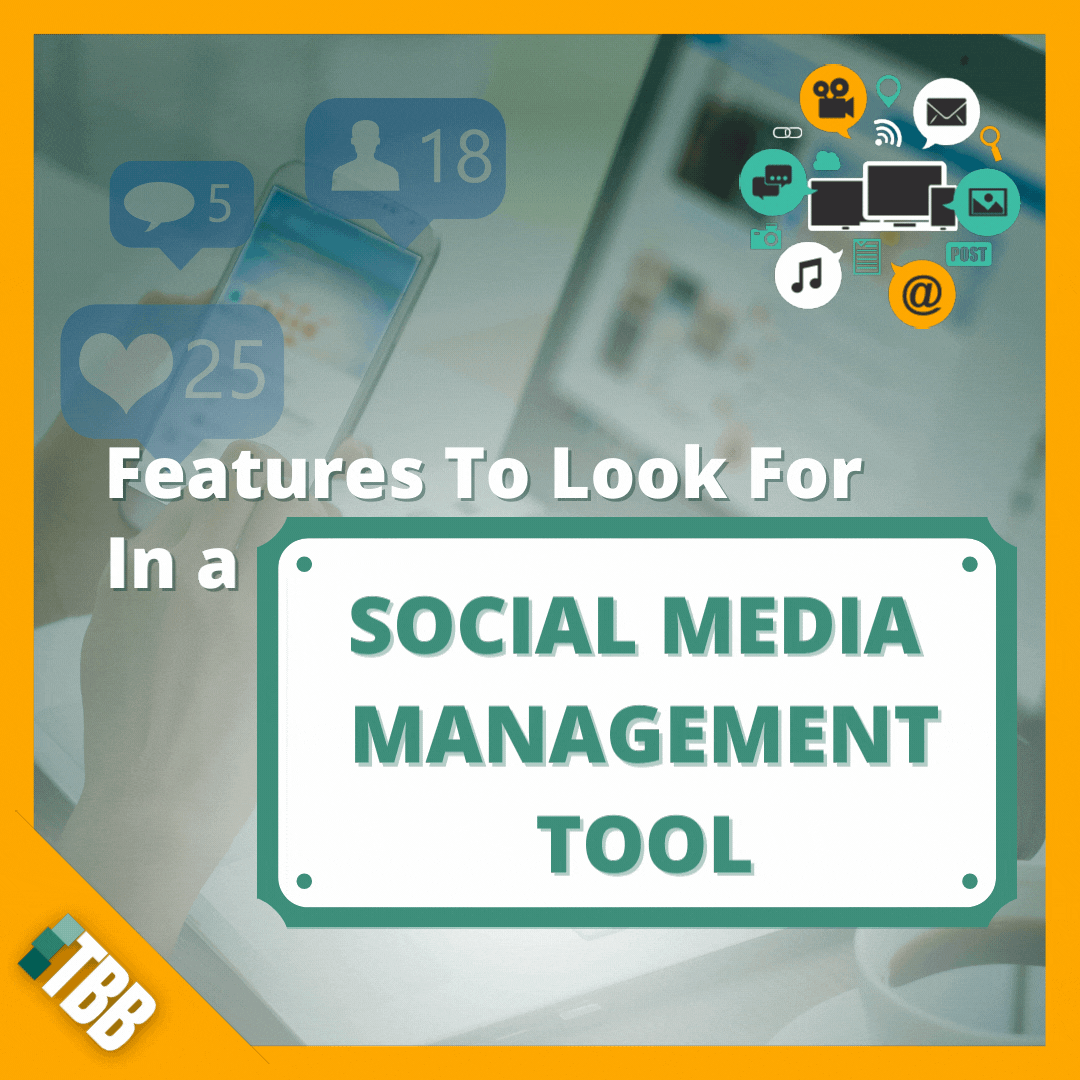Over the past decade, social media has revolutionized the way businesses market and connect with their customers. In the early days of social media, businesses primarily used it as a platform for building brand awareness and engaging with customers on a personal level.
However, as social media has evolved and become more integral to our daily lives, it has also transformed the way businesses approach marketing.
Today, social media is a key component of many marketing strategies, and businesses are using it to reach and engage with customers in new and innovative ways. In this article, we will explore how social media has changed marketing strategies and how businesses are using it to connect with their customers.

How has social media changed marketing strategies?
The effectiveness of social media as a tool of communication has become vital as businesses have started to adapt to digital transformation trends.
Social media management tools are the new wave for businesses as they are trying to find new ways to interact with their customers.
While discussing essential features for a comprehensive social media management tool, it’s important to note the significance of user privacy and ethical considerations. Avoiding practices such as how to track someone’s location on social media ensures responsible use of these tools and promotes a trustworthy online presence.
With new tools on the market, businesses are using them to maintain a high volume of communication with their customer base. It also helps a lot in terms of social media outsourcing for small businesses, such as creating free online flyer designs for advertisement.
There are tons of excellent social media management tools out there to help you keep your posts on track and enhance your business’s social media presence.
Here are 5 of the must-have features that you should be looking for:
- INTEGRATION CAPABILITY
It should enable you to automate the sharing of content to multiple channels especially the major social networks such as Facebook, Twitter, Instagram, and LinkedIn.

As a marketing manager, it is important to have a social media management tool with a high level of software integration capability because it allows you to seamlessly connect and manage all of your social media channels within a single platform. This can save you time and effort by eliminating the need to switch between multiple tools or manually transfer data between them.
Having a tool with a wide range of integration options also allows you to easily connect and integrate with other marketing tools and software you may be using, such as customer relationship management (CRM) systems, email marketing platforms, and analytics tools. This can help you to effectively manage and analyze your social media marketing efforts, as well as provide a more holistic view of your overall marketing strategy.
Additionally, a social media management tool with strong integration capabilities can help you to automate certain tasks and workflows, further streamlining your marketing efforts and freeing up time for more strategic and creative tasks. Overall, software integration capability is a key factor to consider when choosing a social media management tool for your business.
2. FLEXIBILITY
I want a tool that is flexible when it comes to the types of content that can be loaded for scheduled posting (images, videos, gifs, etc.), and that has less limitations when it comes to file size.

As a marketing manager, it is important to have a social media management tool that can support all different forms of media, not just written content, because it allows you to engage and connect with your audience on social media.
Social media platforms are increasingly visual, and using a mix of different types of media, such as images, videos, and graphics, can help to capture the attention of your audience and make your content more engaging and shareable. A social media management tool that can support all different forms of media allows you to easily create and publish a variety of content types, including text, images, videos, and more.
Additionally, using a range of different media types can help to differentiate your brand and make your social media presence more dynamic and visually appealing. Overall, a social media management tool that can support all different forms of media is an important consideration when choosing a tool for your business.
3. EASY-TO-USE POST SCHEDULER
A tool that enables you to easily automate the scheduling of posts ahead of time helps a lot with efficiency and productivity and can divert your focus to creating more quality content.

Some other reasons why an automated post scheduler is a great feature in a social media management tool is:
- Efficiency: An automated post scheduler allows you to schedule posts in advance, saving you time and effort in the long run. This means you can focus on other tasks, rather than having to constantly be checking in and post updates manually.
- Consistency: With an automated post scheduler, you can ensure that your brand stays active and visible on social media, even when you’re not available to post in real time. This helps to maintain a consistent presence and helps to keep your audience engaged.
- Time zone management: If you have a global audience, an automated post scheduler allows you to schedule posts at optimal times for different time zones, ensuring that your content is delivered to your audience at the most relevant times.
Overall, an automated post scheduler can greatly improve the efficiency and effectiveness of your social media management efforts and is an important feature to consider when choosing a tool for your business.
4. EXPORTABLE DATA ANALYTICS AND REPORTS
It is a great addition if a social media management tool can export useful data such as intelligent reports that you can use to enhance your social media strategy

Having good data is extremely important for social media marketing campaigns. Data helps you understand your audience and their behavior, allowing you to tailor your marketing efforts to their needs and preferences. It also helps you measure the effectiveness of your campaigns, so you can see what’s working and what’s not, and make necessary adjustments.
Some specific ways in which good data can benefit your social media marketing campaigns include:
- Targeting: Data can help you identify your target audience and understand their demographics, interests, and behavior. This allows you to create targeted campaigns that are more likely to resonate with your audience and drive results.
- Personalization: By using data to understand individual preferences and behaviors, you can create personalized marketing experiences that feel more relevant and engaging to your audience.
- Optimization: Data can help you optimize your campaigns by identifying which tactics are most effective and where you can make improvements.
Overall, good data is essential for creating successful social media marketing campaigns and should be an integral part of your strategy.
5. ALERTS / NOTIFICATIONS
Now more than ever, we cannot deny the effectiveness of social media as a tool of communication. If a social media tool can send real-time alerts to communicate to you the traffic across your social media channels, then it is a great tool to keep.

Notifications and alerts can be a useful features for a social media tool, as they can help users stay informed about activity on the platform and ensure they don’t miss important updates.
For example, notifications can alert users when they have received a new message or when someone has commented on one of their posts. Alerts can also be used to notify users of important events or updates, such as an upcoming live stream or a change to the platform’s terms of service.
However, it’s important to strike a balance between providing useful notifications and alerts and overwhelming users with too many notifications. If users receive too many notifications, they may become less effective or even annoying, and users may choose to disable them altogether.
It’s also important to give users control over the types of notifications they receive, so they can customize their notification settings to suit their needs and preferences.
The Wrap
Social media has had a significant impact on marketing strategies over the past decade. It has provided businesses with new ways to reach and engage with customers, as well as gather valuable data and insights about their target audience.
Businesses are now able to create targeted marketing campaigns, track the effectiveness of their efforts in real time, and measure the impact of their social media activities on their bottom line. In addition, social media has allowed businesses to build more personal relationships with their customers, by providing a platform for two-way communication and customer service.
As a result, social media has become an essential part of many modern marketing strategies, and businesses that can effectively leverage it are likely to have a competitive advantage in today’s marketplace.
Featured Platform/s

